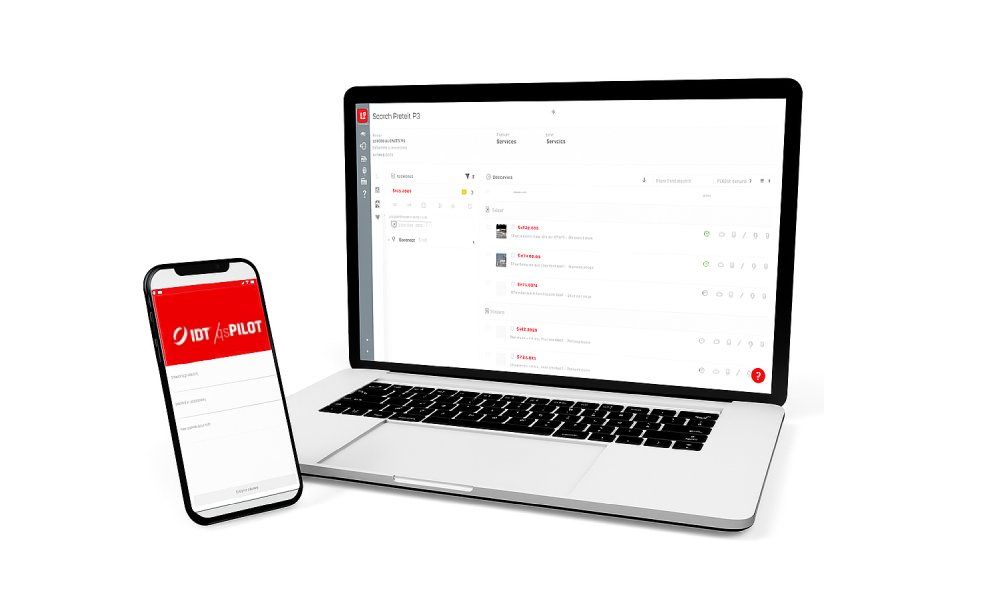Mastering flange connections Service from training to digital documentation
Flange connections are critical interfaces in the chemical and petrochemical industries. They must remain reliably tight under high pressure, changing temperatures, and aggressive media. Calculations according to DIN EN 1591-1 are an important basis, but in practice they are not sufficient on their own. Studies and practical experience show that 70–85% of all leaks are caused by assembly errors.

Why errors occur before assembly
The most common causes are uneven tightening, incorrect torques, insufficient lubrication, or improper seal selection. Such errors can be avoided with qualified personnel, standardized processes, and consistent quality assurance.
Our service modules
flange.Pilot competence test
Based on DIN EN 1591-4, fitters receive practical training. Typical errors can be simulated and corrected on realistic flange units (DN 50–250), e.g., flange tilting, misalignment, or uneven tightening.
On-site support
Our Flange Integrity Team supports you with quality assurance in TAR projects directly at your plant. This ensures that assembly processes are secure and critical sources of error are eliminated before the run-up.
qs.Pilot App
What many operators still record on paper is digitally documented by us. With our qs.Pilot app, we collect data in a transparent, evaluable, and audit-proof manner. Since 2025, we have been developing the solution entirely in-house – flexible for your requirements and with the aim of ensuring efficiency, transparency, and safety.

Preventive measures such as training with the flange.Pilot reduce assembly errors, while our qs.Pilot app ensures complete digital documentation. The result is a modern, efficient flange management.
Your benefits:
- Avoid errors before they occur
- Ensure standard-compliant assembly processes
- Transparent, digital documentation
- Process safety and reliability for operations and personnel
FAQ about the QS-Service at IDT #
Standard-compliant calculations ensure that leak tightness values are correct. In practice, however, leaks are mainly caused by assembly errors.
DIN EN 1591-4 defines requirements for the qualification of fitters and forms the basis for the flange.Pilot competence test. The new version of TA Luft (2021) also continues to focus on the qualification of installation personnel. Training is therefore not only a quality factor, but also a regulatory requirement.
Standardized training courses teach the basics. The competency test trains fitters on realistic flange units. There, they can directly experience and correct typical errors such as misalignment, flange tilting, or uneven tightening. This operator-specific training is an ideal supplement and ensures that assembly personnel work error-free even under real conditions.
The app documents assembly processes digitally, in a structured and transparent manner. This means that all relevant data is available in an audit-proof format – for audits, verification, and quality assurance.
Our TÜV-certified flange assembly training according to DIN EN 1591-4 follows a fixed standard. Everything else is tailored to your needs: we consistently customize training, on-site support, and documentation to your specific requirements.
More about the QS service at IDT
Meet us at Maintenance in Munich
Take the opportunity to discuss your specific applications directly with our service team.